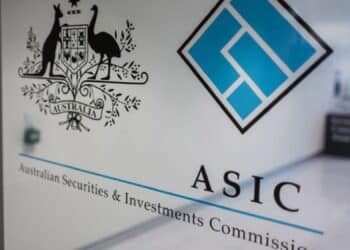Speaking at the FAAA annual conference in Brisbane, general manager for policy, advocacy and standards Anderson discussed the high costs that the advice sector is having to pay as a result of the failure of Dixon Advisory.
Over 2,700 complaints have been submitted by consumers to the Australian Financial Complaints Authority (AFCA) since the company collapsed, and the payment of compensation by the Compensation Scheme of Last Resort (CSLR) will be funded by a levy on financial advisers.
But Anderson believes the costs should be shared among other parts of the financial services sector as it is unfair to place the high cost burden on one sector in particular.
“The losses that we are paying for are not just advice-related, they are much broader than this,” he said.
“The minister has the ability to decide to allocate this levy across other sectors if it exceeds $20 million. That is what we are asking, for the financial advice sector, which is a small sector, to not need to pay any more than $20 million and we hope the minister chooses to look more broadly.”
The reason Anderson believes it should extend beyond financial advice is that the process of investing clients in the US Masters Residential Property fund (URF) was taken by an investment committee on a large scale.
“The business model was that decisions were made about how much each client would invest by an investment management committee, not by the individual adviser; this was an organised process of forcing clients to effectively invest in an in-house product.
“There were huge conflicts of interest, there were excessive fees, the AFR reported they earned over $200 million in fees from this one product.
“We have emphasised we were concerned about how ASIC didn’t get to the issues early enough and when they did, they looked from an advice perspective. This is much bigger than an advice issue.
“The URF was about investing in a small sector of real estate in the US, it was not diversified, it was overleveraged and there were poor decisions made, and those decisions were motivated based on the huge fees they were extracting.”
A Senate economics references committee inquiry has been opened into the collapse of Dixon as well as wealth management companies more broadly, and the FAAA has made a submission to this, which is yet to be released by the committee.
Among questions Anderson said the FAAA has raised in its submission is the conduct and accountability of Dixon’s parent company, E&P Financial Group.
“How was it possible for the parent company to walk away, insolvency issues, how was it possible for them to transfer clients to another subsidiary? We know ASIC took legal action against actions to avoid repayment of an inter-company loan.
“There is stuff that needs to be investigated, and we want the committee to look very closely. It is the financial impact on our profession that we want to see addressed, we want to see fixes as a result of the inquiry.”





